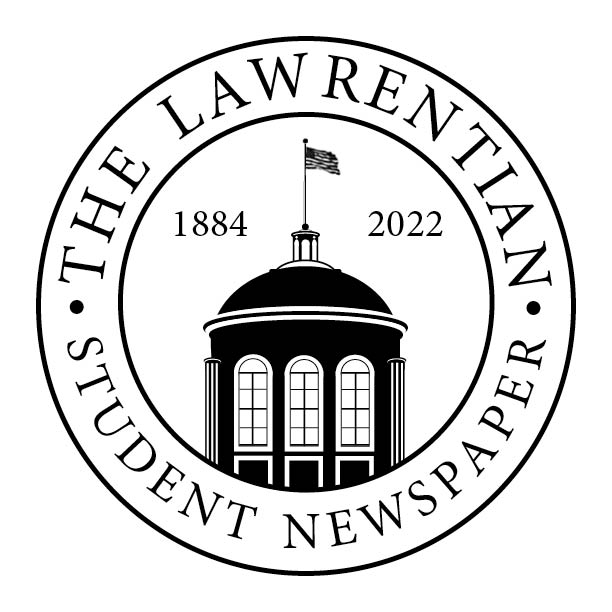The opinions expressed in The Lawrentian are those of the students, faculty and community members who wrote them. The Lawrentian does not endorse any opinions piece except for the staff editorial, which represents a majority of the editorial board. The Lawrentian welcomes everyone to submit their own opinions. For the full editorial policy and parameters for submitting articles, please refer to the about section.
I am a scientist and I have been for many years. I do not have a Ph.D., a Master’s, or even a Bachelor’s degree, but I am a scientist. Only within the last year or so have I felt comfortable acknowledging this role in my life. I would tell my friends and family, “I am studying science,” or “I am in a scientific field,” but I never had the confidence to say, “I am a scientist.” True scientists were people who had degrees and lab experience and research grants. They were professors or teachers or researchers. That was not me. I was still a “future” scientist.
One day I said that phrase aloud, “future scientist,” and I realized that was not true. What exactly would change the future to the present? I was already spending all my time in science classes and the lab, studying the same principles as the people I considered true scientists. I was practicing with lab equipment and learning new techniques everyday. I realized that the rhetoric I repeatedly heard growing up had limited my conception of myself as a scientist. We practiced mixing chemicals so that one day in the future we could be real scientists. That phrase, “future scientist,” was repeated to me for years by teachers and my parents. But we were doing science then. We were scientists even in those early days.
By putting the disclaimer “future” in front of the title, I boxed in my idea of a scientist and that disclaimer stayed with me until college. It was a goal far in the future, one that I had to be humble about until I got there, but the journey came at the expense of my self-confidence. I repeatedly tamped down my excitement and minimized my accomplishments in high school and college because I was not a true scientist yet. The “future” label that was ingrained in my early education made me feel like I never had the authority or validation, even as a student at Lawrence, to consider myself a scientist. Every comment I made in class and each line I wrote in a lab report seemed to have a false authority. I was constantly waiting to be corrected. My lab work and projects always seemed to have less value.
The purpose of this essay is not to diminish the hard work of scientists with degrees, the purpose is to highlight how the framing of careers like scientists and writers as lofty ideals can damage self-confidence when taught to children and young adults as something they may never reach. I spent the summer of 2022 teaching STEM topics to children ages six to 12– we tracked bird nests, learned introductory chemistry, learned about the solar system, and observed worms and soil creatures. I repeated the phrase, “you guys are scientists today” in every lesson. Verbalizing those words and affirming the children’s abilities was a source of empowerment. They had a sense of importance that heightened their attention towards the lesson topics. The kids were excited to take on a role that they had been told they had to wait for until they grew up.
Empowering language would have sparked my love of science much earlier in my life. Removing the idea that it takes years and degrees and authority to be a scientist would have helped me understand that learning science concepts were attainable. My confidence would have grown with me instead of being something I have to reassure myself of everyday. Now, when I say, “I am a scientist” there are so many emotions behind those words. I am proud, excited, humble, and still a little bit fearful. There is no more “future” to hide behind.

